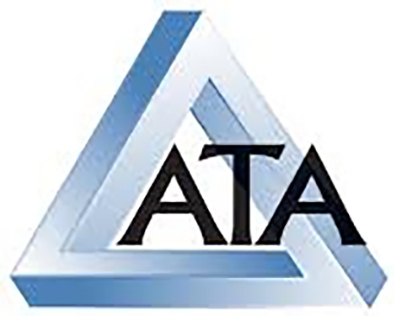
Depreciation is an annual tax deduction that allows small businesses to recover the cost or other basis of certain property over the time they use the property. It is an allowance for the wear and tear, deterioration, or obsolescence of the property.
Small businesses can depreciate property when they place it in service for use in their trade or business or to produce income. The business stops depreciating property when they have fully recovered their cost or other basis, or when they retire it from service, whichever happens first.
What property is depreciable?
Small businesses can depreciate machinery, equipment, buildings, vehicles, and furniture. They cannot claim depreciation on personal property. If a business uses an asset, such as a car, for business or investment and personal purposes, the business owner can depreciate only the business or investment use portion. Land is never depreciable, although buildings and certain land improvements may be.
Businesses may depreciate property that meets all these requirements. The business must:
• Own the property. The business is considered to own property even if it is subject to a debt.
• Use the property in a business or income-producing activity. If the property is used to produce income, the income must be taxable. Property that’s used solely for personal activities can’t be depreciated.
• Be able to assign a determinable useful life to the property. This means that it must be something that wears out, decays, gets used up, becomes obsolete, or loses its value from natural causes.
• Expect the property to last more than one year. It must have a useful life that extends substantially beyond the year a business places it in service.
• Not depreciate excepted property. Excepted property includes certain intangible property, certain term interests, equipment used to build capital improvements, and property placed in service and disposed of in the same year.


